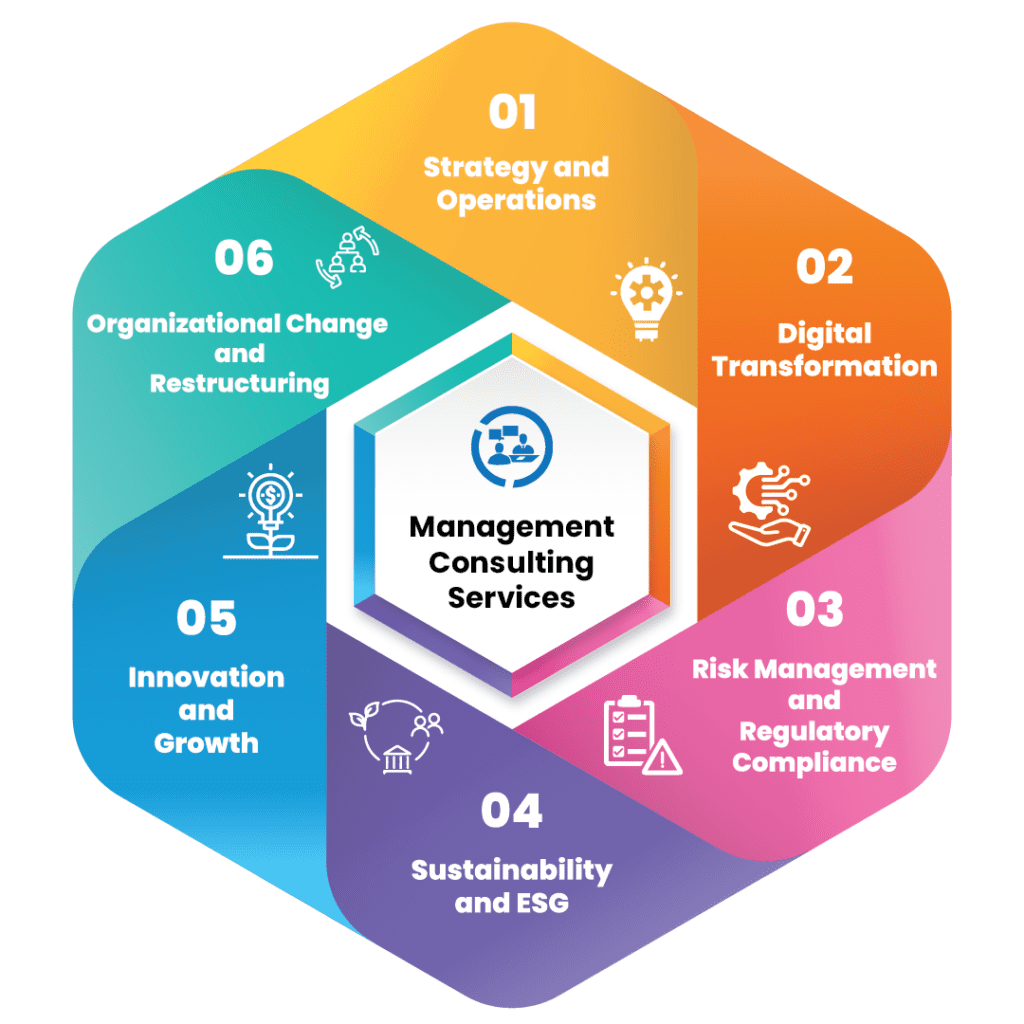
Management consulting
So, you’re thinking about a career in management consulting? That’s awesome! It’s a challenging and rewarding field, but let’s be honest, it can also feel a bit intimidating. All those fancy jargon, the intense hours, the pressure to deliver – it can be overwhelming.
But fear not, aspiring consultants! This guide will break down the world of management consulting in a relaxed, easy-to-understand way. We’ll cover everything from what consultants actually do to what it takes to land that dream job.
What on Earth Do Management Consultants Actually Do?
Think of management consultants as the highly skilled problem-solvers of the business world. We’re basically hired by companies to help them improve their performance. This could involve anything from:
Developing new business strategies
Improving operational efficiency
Implementing new technologies

Conducting market research
Restructuring organizations
Essentially, we dive deep into a company’s challenges, analyze the situation, and then recommend solutions. We work closely with senior executives, gathering data, conducting interviews, and developing detailed reports.
A Day in the Life (or Night, Let’s Be Honest)
The life of a consultant is anything but monotonous. One day you might be presenting findings to a board of directors, the next you could be traveling to a remote location to interview stakeholders.
Here’s a glimpse into a typical (or not-so-typical) day:
Early Morning: Start the day with a team meeting to discuss project progress and any roadblocks.
The Perks of the Job
Okay, let’s be real, the hours can be long and the pressure can be intense. But there are definitely some serious perks to a career in consulting:
Fast-paced and intellectually stimulating work
Opportunity to work with top-tier companies and executives
Rapid career growth and development
Excellent compensation and benefits
Constant learning and skill development
Travel opportunities (if you’re into that kind of thing)
The Not-So-Glamorous Side
Let’s not sugarcoat it. Consulting has its downsides too:
Long hours and demanding travel schedules
High-pressure environment with tight deadlines
Constant travel can take a toll on your personal life
Potential for burnout
The constant need to learn and adapt
The Skills You’ll Need to Succeed
So, what does it take to become a successful consultant? Here are some essential skills:
Strong analytical and problem-solving skills
Excellent communication and presentation skills
Strong business acumen and industry knowledge
Ability to work independently and as part of a team
Project management and organizational skills
Data analysis and interpretation skills
Financial modeling and valuation skills
Adaptability and resilience
The Path to Becoming a Consultant
There are a few common paths to a career in consulting:
Top-tier MBA programs:
Many aspiring consultants pursue an MBA from prestigious business schools.
Undergraduate degrees in relevant fields:
Degrees in economics, finance, engineering, and other quantitative fields are highly valued.
Consulting-specific programs:
Some universities offer specialized programs in management consulting.
Landing That First Consulting Job
Landing your first consulting job can be challenging. Here are a few tips:
Build a strong resume and cover letter
Network with professionals in the industry
Prepare for case interviews (more on that later)
Ace your behavioral interviews
Demonstrate your passion for consulting
The Case Interview: The Ultimate Test
The case interview is the cornerstone of the consulting hiring process. It’s essentially a problem-solving exercise where you’re presented with a business challenge and asked to develop a solution.
Here’s a simplified breakdown of the case interview process:
1. Understand the problem: Carefully listen to the interviewer and clarify any ambiguities.
2. Structure your approach: Develop a logical framework to guide your analysis.
3. Ask clarifying questions: Don’t hesitate to ask questions to gather more information.
4. Analyze the situation: Use data and logic to identify key issues and potential solutions.
5. Develop recommendations: Present your findings and recommendations in a clear and concise manner.
Tips for Acing the Case Interview:
Practice, practice, practice: The more you practice, the more comfortable you’ll become.
Use the case interview frameworks: There are many frameworks available to help you structure your approach.
Develop your problem-solving skills: Work on improving your analytical and critical thinking abilities.
Communicate effectively: Clearly articulate your thoughts and ideas.
Be confident and enthusiastic: Show your passion for consulting and your eagerness to learn.
Communicate effectively: Clearly articulate your thoughts and ideas.
Be confident and enthusiastic: Show your passion for consulting and your eagerness to learn.
Life as a Consultant: Beyond the Day-to-Day
Consulting is more than just solving problems and crunching numbers. It’s about developing valuable skills, building meaningful relationships, and making a real impact on the world.
Continuous learning: The consulting world is constantly evolving, so you’ll need to stay updated on the latest trends and technologies.
Building your network: Cultivate relationships with clients, colleagues, and other professionals in the industry.
Giving back to the community: Many consultants engage in pro bono work and volunteer activities.
Maintaining a healthy work-life balance: It’s crucial to prioritize your well-being and avoid burnout.
Giving back to the community: Many consultants engage in pro bono work and volunteer activities.
Maintaining a healthy work-life balance: It’s crucial to prioritize your well-being and avoid burnout.
Conclusion
A career in management consulting can be incredibly rewarding, but it’s not for everyone. It demands hard work, dedication, and a strong desire to learn and grow.
If you’re passionate about solving complex problems, enjoy working with talented individuals, and thrive in a fast-paced environment, then a career in consulting might be the perfect fit for you.
Do your research, prepare thoroughly, and don’t be afraid to embrace the challenge. With the right mindset and a bit of hard work, you can achieve your consulting goals and build a successful and fulfilling career.